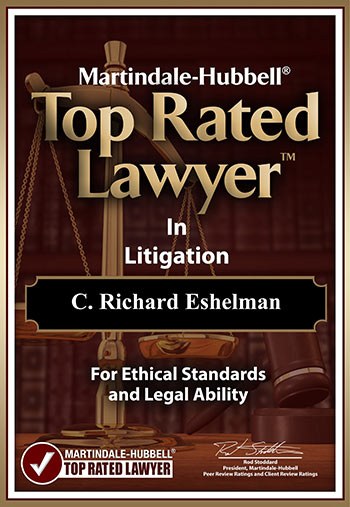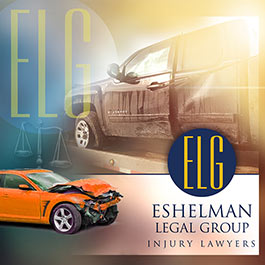Death in the Workplace
If death occurs while the decedent was on the job, the right to sue may change. Under the Ohio’s Workers’ Compensation Act, an employee who elects to take workers’ compensation does not have a right to sue his employer for injuries in the workplace. O.R.C. Ann. § 4123.74. If the decedent accepts workers’ compensation and gives up his or her right to sue, beneficiaries or surviving relatives also cannot sue for wrongful death. O.R.C. Ann. § 4123.74. See also Pratt v. Nat’l Distillers & Chem. Co., 587 F. Supp. 156 (S.D. Ohio 1984). The employee is afforded relatively swift and certain payment of benefits to cure or relieve the effects of industrial injury without having to prove fault but, in exchange, gives up the wider range of damages potentially available in tort. Employees are any workers under a contract of hire with the employer other than independent contractors. Generally, in workplace injuries or death, the presumption is in favor of employee status, and the burden is on the party seeking to avoid liability to prove independent contractor status. The Legislature has specifically mandated that the statutes be liberally interpreted in favor of coverage for employees injured in the course of employment. If a person’s death on the job was due to the negligent actions of a third party, however, Ohio’s workers’ compensation statute allows dependents to pursue a wrongful death suit against the third party, regardless of whether the decedent elected for workers’ compensation through his or her employer. VO.R.C. Ann. § 4123.93.
Serving all N.E. Ohio & Columbus, Ohio
Call: 1-800-365-0001
The Conclusion
The attorneys at the Eshelman Legal Group understand that no matter how cautious you are, others may not be so careful, and accidents do happen. So we hope you don’t need to, but if you are in a situation where you need the advice of an personal injury attorney, the Eshelman Legal Group is here to help you. For over 40 years we have been assisting accident victims, and we are here to assist you too... because “We’ll make things right.”
Ask yourself this question… who does the adjuster work for? The adjuster works for the insurance company, they do not work for you.
In all matters involving personal injury it is essential that measures be taken promptly to preserve evidence, investigate the accident in question, and file a lawsuit prior to the deadline imposed by the Statute of Limitations. If you or a loved one is a victim of personal injuries, call Eshelman Legal Group LLC, now at 1-800-365-0001. The initial consultation is free of charge, and if we agree to accept your case, we will work on a Contingent Fee basis, which means we get paid for our services only if there is a monetary award or recovery of funds. Don’t delay! You may have a valid claim and be entitled to compensation for your injuries, but a lawsuit must be filed before the statute of limitations expires. The above is not legal advice. That can only come from a qualified attorney who is familiar with all the facts and circumstances of a particular, specific case and the relevant law. See Terms of Use.





